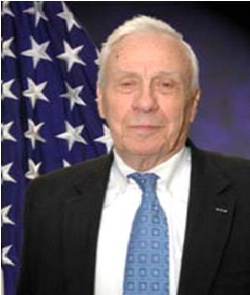
Charles Allen
![]() Important History Not Understood By Most, November 22, 2013
Important History Not Understood By Most, November 22, 2013
The historical half is mind-glazing, the more recent chapters highly relevant to understanding the deep ignorance of the US Intelligence Community and the US policy (prostitution) community these past 12 years.
I have given the book four stars in part because it is not designed to illuminate the threat in visualizable terms, and it is not up to date. Now that Saudi Arabia has declared war on the USA and the West generally (joining with Israel in a truly bizarre satanic alliance), and on Iran and the Shi'ite portion of Afghanistan specifically, this book absolutely merits updating and republication, hopefully with some decent maps and graphics and tables this next time around.
Early on in a nut-shell: Wahhabism spread in the 19th century, first throughout the Arabian penninsula and then to the Indian subcontinent including what are now India, Pakistan, and Afghanistan. Wahabbism is both a fundamentalist ideology that wins over deep converts, and a form of mercenary religion, buying its way into susceptible corners.
The most important point stressed throughout the book is that Wahhabism is outside the mainstream of Muslim society.
The big surprise for me, and one reason I am distressed at how badly we prepare people for service in this area, is the deep history of Wahhabism among the Pashtun. Today Saudi Arabia and to a lesser extent Qatar and the United Arab Republic seem bent on funding a religious war in Central and South Asia, and no one seems to be paying attention to this emergent threat. I would go so far as to say we are now, in this region, where we were in 1988-1989 when the Saudis first began funding the global Islamic outreach program led by Sheikh Binbaz and represented in part by young Bin Laden.
Continue reading “Review: God's Terrorists – The Wahhabi Cult and the Hidden Roots of Modern Jihad”








